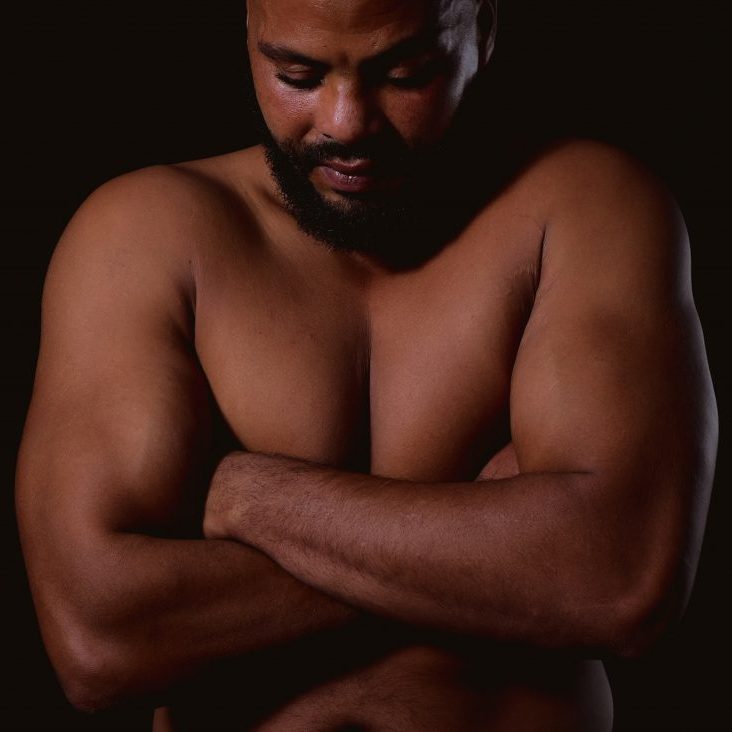
50 shades of ‘no’ – why it’s so hard, and how to get better at it
If you struggle with expressing or hearing a 'no' here's why it can feel so hard, and some practical ways you can build your skills with it for healthier relating
When did you last say ‘no’ to someone or something?
Did it feel edgy, or uncomfortable? Did you try to find ways to avoid saying it?
Why many of us find it so hard to say ‘no’ and hear ‘no’
If you’ve ever wondered why ‘no’ can feel so hard for many of us to engage with, or why it often brings up feelings of vulnerability, there are some good reasons…
Most of us have experienced times when our ‘no’ was ignored or pushed against.
When you say ‘no’ you might worry it’ll be hard to stay true to your own needs without getting pushback, or hurting the other person.
Nobody likes to feel rejected, but don’t assume that someone will feel this way if you say ‘no’ to them. (Even if they do, it’s important to remember that you’re not responsible for their feelings – how they feel belongs to them, not you).
When it comes to hearing ‘no’ you might even notice that you sometimes choose to modify what you ask for, or to settle for something that isn’t exactly what you want, just so the other person is more likely to say ‘yes’ to you.
There are many different shades of ‘no’
‘No’ isn’t always about rejection. When you start to pay attention to your willingness scale, and stop going along with stuff, you’ll discover there are lots of different flavours of ‘no’…
Sure, a ‘no’ might sometimes mean “never in a million years!”. But it might also mean “I’m a ‘no’ to that, but I might be a ‘yes’ to something else”.
Or it might mean “not right now, but maybe later”. Or even “I’m not sure, tell me more”.
Why your ‘no’ is important for healthier relating
Although engaging with ‘no’ can sometimes feel so hard, and you might feel tempted to try and avoid it, the truth is it’s a necessary part of creating and maintaining healthy boundaries.
And actually when you say ‘no’ to someone it’s often more about you than about them.
You’re probably looking after your own limits, or protecting your resources. And if you don’t do that you risk ending up burned out or overwhelmed (think about all the times you said ‘yes’ when you really wanted to say ‘no’ and how that ultimately left you feeling).
When you build good habits of self-care by saying ‘no’ it then makes your ‘yes’ much more trustworthy because you really mean it!
Remember: saying ‘no’ to someone else is often saying ‘yes’ to yourself.
How to build your skills with ‘no’
The best way to get better with ‘no’ is to practice! Try these practical ways to get better acquainted with how ‘no’ feels.
Quick Practice 1 – Expressing Your ‘No’:
Take 5 minutes where you won’t be disturbed or distracted.
If you want to close your eyes, and then start by bringing the word ‘no’ into your mind. Roll it around a little. Notice how it feels to think about ‘no’.
Next start to give some voice to the ‘no’ that’s in your mind. How might that ‘no’ sound? How many different ways can you express a ‘no’ out loud? Which ones feel easy? Which ones feel hard?
Notice what happens in your body as you speak ‘no’ out loud. Bring some conscious movement to your ‘no’. How does your ‘no’ express itself physically in different ways? Again, notice what feels easy, and what feels hard.
Finally return to a more neutral state, and take a moment to reflect on what you noticed about what you felt with each different kind of ‘no’ – thinking, speaking, and moving.
Quick practice 2 – Hearing A ‘No’
This is actually a great way to practice asking for things you want AND getting used to hearing ‘no’.
Over the course of a day make at least 5 requests for things that you want.
That could be anything from how you want your coffee, to asking your partner or a friend to help you with something that needs doing around the house.
Try to get at least two ‘no’ responses.
Notice how you feel about hearing each ‘no’. Does it feel like a rejection? Or does it feel like someone else taking care of themselves?
When you hear a ‘no’ notice if you still want the thing you asked for, and if so whether there’s another way you might be able to meet that need.
You might be surprised!
Get in touch if you’d like to practice building skills for a healthier relationship with your ‘no’
Enjoyed reading this?
If you found this page useful you can get more tips and resources straight to your inbox. Sign up here and get my free Touching For Pleasure guided practice to start you off:



